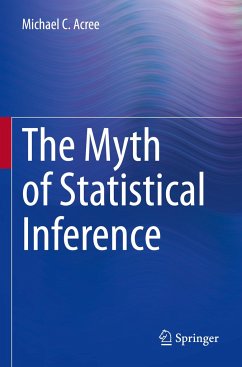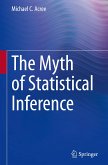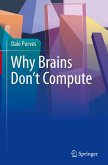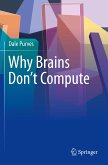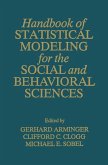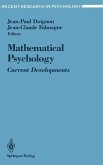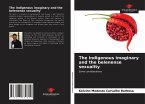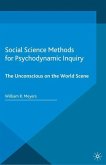This book proposes and explores the idea that the forced union of the aleatory and epistemic aspects of probability is a sterile hybrid, inspired and nourished for 300 years by a false hope of formalizing inductive reasoning, making uncertainty the object of precise calculation. Because this is not really a possible goal, statistical inference is not, cannot be, doing for us today what we imagine it is doing for us. It is for these reasons that statistical inference can be characterized as a myth.
The book is aimed primarily at social scientists, for whom statistics and statistical inference are a common concern and frustration. Because the historical development given here is not merely anecdotal, but makes clear the guiding ideas and ambitions that motivated the formulation of particular methods, this book offers an understanding of statistical inference which has not hitherto been available. It will also serve as a supplement to the standard statistics texts. Finally, general readers will find here an interesting study with implications far beyond statistics. The development of statistical inference, to its present position of prominence in the social sciences, epitomizes a number of trends in Western intellectual history of the last three centuries, and the 11th chapter, considering the function of statistical inference in light of our needs for structure, rules, authority, and consensus in general, develops some provocative parallels, especially between epistemology and politics.
The book is aimed primarily at social scientists, for whom statistics and statistical inference are a common concern and frustration. Because the historical development given here is not merely anecdotal, but makes clear the guiding ideas and ambitions that motivated the formulation of particular methods, this book offers an understanding of statistical inference which has not hitherto been available. It will also serve as a supplement to the standard statistics texts. Finally, general readers will find here an interesting study with implications far beyond statistics. The development of statistical inference, to its present position of prominence in the social sciences, epitomizes a number of trends in Western intellectual history of the last three centuries, and the 11th chapter, considering the function of statistical inference in light of our needs for structure, rules, authority, and consensus in general, develops some provocative parallels, especially between epistemology and politics.
"The myth of statistical inference has achieved a power arguably to rival that of any other myth in this Century ... . the entire edifice and provide a step-by-step refutation of the theory and practice of statistical inference, with special emphasis on psychology. The author is surprised that no one wrote just such a book during the 50 years that he has been working on it." (Victor V. Pambuccian, zbMATH 1532.62001, 2024)

